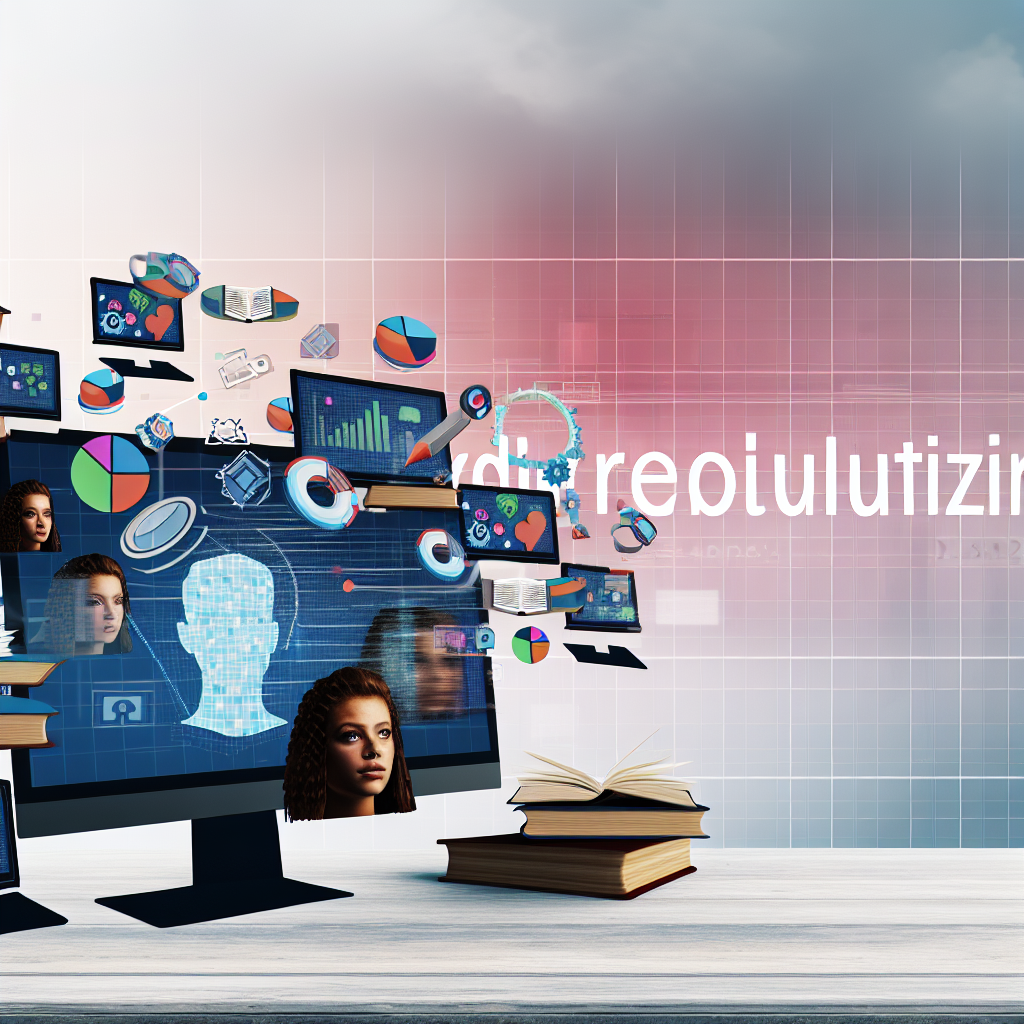Adaptive learning systems are revolutionizing the way we approach education by personalizing the learning experience for each individual. By utilizing data-driven algorithms, these systems tailor content, pace, and teaching methods to meet the unique needs of every learner. This article will delve deeper into the mechanics of adaptive learning systems, their benefits, and their impact on the future of education.
Understanding Adaptive Learning Systems
Adaptive learning systems leverage technology to create customized educational experiences. At their core, these systems analyze a learner’s performance, preferences, and engagement levels. By employing algorithms and artificial intelligence, they redefine traditional teaching methods. Key components include:
- Personalized Learning Paths: Each student’s journey is tailored based on their strengths and weaknesses, allowing for a more engaging experience.
- Real-Time Analytics: Teachers receive insights on student performance, enabling timely interventions and support.
- Dynamic Content Delivery: Content adapts to the learner’s progress, ensuring that they are neither overwhelmed nor under-challenged.
This robust system enhances learning efficiency and fosters a deeper understanding of course material, ultimately leading to improved academic outcomes.
The Benefits of Adaptive Learning Systems
The integration of adaptive learning systems in educational settings brings a multitude of advantages:
- Improved Engagement: Students are more inclined to participate in a learning environment that resonates with their individual needs and learning styles.
- Enhanced Retention: Tailored content helps learners retain information better, as they can progress at their own pace without feeling lost or disengaged.
- Scalability: These systems can effectively serve classrooms with diverse student populations, offering scalable solutions that adjust to varying academic levels.
Furthermore, adaptive learning systems create a feedback loop that not only informs students of their progress but also aids educators in refining their teaching strategies. As educational institutions embrace these systems, they pave the way for a more inclusive and effective learning ecosystem.
In conclusion, adaptive learning systems have transformed the educational landscape by personalizing learning experiences and improving overall engagement. Their use of advanced technology ensures that each learner receives the support they need to succeed. As these systems continue to evolve, they hold immense potential to shape the future of education, ultimately leading to a more personalized and effective learning environment for all students.
